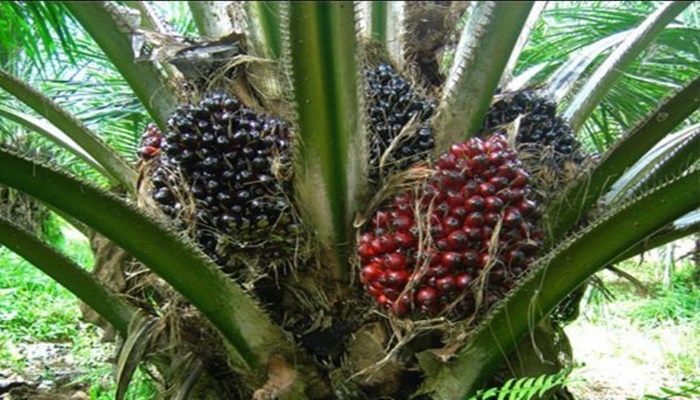Agric: Nigeria tragically living on borrowed time —World Bank
The Senior Agriculture Economist, World Bank, Dr. Adetunji Oredipe, on Thursday said the neglect of the agriculture sector when Nigeria’s economy became increasingly dependent on oil has proved to be both a “disaster and calamity.”
He said if Nigeria had held to its market share in palm oil, cocoa, groundnut and cotton, the country would be earning at least $10 billion annually from these three commodities.
Oredipe said this while delivering a keynote address at the Agriculture Summit Africa sponsored by Sterling Bank Plc, held in Abuja.
At the event, Vice President Yemi Osinbajo was represented by the Minister of State for Agriculture and Rural Development, Mustapha Shehuri; and in attendance were the Minister of Women Affairs Mrs. Paulen Talen; Governor of Kebbi State, Atiku Bagudu; chairman of Sterling Bank Plc, Asue Ighodalo; and the Managing Director of Sterling Bank Plc, Abubakar Suleiman.
Painting a picture of the country’s agriculture sector, the World Bank Agric Economist said that Nigeria is now one of the largest food importers in the world.
According to him, in 2016 alone, Nigeria spent $965m on the importation of wheat, $39.7m to import rice and $100.2m on sugar importation.
He said the decision to spend $655m on fish importation seems financially irresponsible, given all the marine resources, rivers, lakes, and creeks in Nigeria.
He said, “None of the above transactions (importation of rice, fish, sugar) is fiscally, economically, or politically sustainable.
“Nigeria is tragically is living on borrowed time, a typical case of robbing Paul to pay Peter.
“For instance, each time we spend money to import rice, Nigerian local rice farmers are negatively affected in terms of morale, sales, and realizable income.”
He lamented that despite the huge agriculture potential, Nigeria, which used to be the major player in agriculture in the world, has lost its place in the global community.




